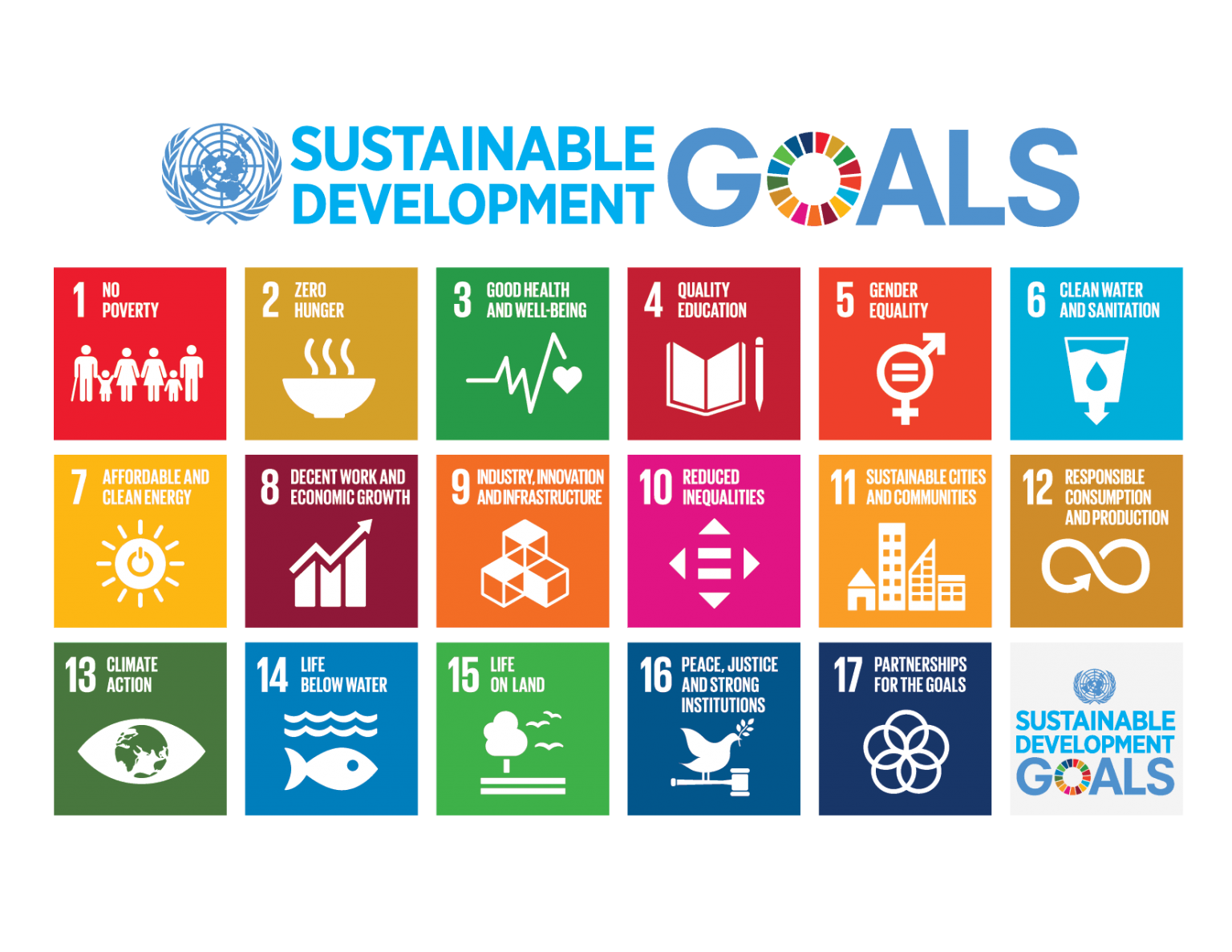
Is your company working to realise the SDGs? Embrace the power of fair trade.
How can Oxfam Fair Trade help your business or organisation to make its operations more sustainable? In 2015 the United Nations unveiled the Sustainable Development Goals (SDGs) in the hope that everyone – private citizens, companies and government bodies alike – would do their part to realise them. Opting for fair trade products is one easy way of showing your support for sustainable development. Allow us to explain how it all works.
How can Oxfam Fair Trade help your business or organisation to make its operations more sustainable? In 2015 the United Nations unveiled the Sustainable Development Goals (SDGs) in the hope that everyone – private citizens, companies and government bodies alike – would do their part to realise them. Opting for fair trade products is one easy way of showing your support for sustainable development. Allow us to explain how it all works.
What’s the link between fair trade and the SDGs?
The seventeen Sustainable Development Goals developed by the UN in 2015 confirm that fair trade makes an important contribution to the attainment of a more sustainable world. And so it makes sense that fair trade can help in realising these SDGs.
Needless to say, goals such as ‘decent work’ and ‘responsible consumption and production’ are woven into Oxfam Fair Trade’s very DNA. And, in fact, most of the other SDGs also relate directly to the living conditions of small-scale farmers across the globe.
Five ways Oxfam Fair Trade brings you closer to realising the SDGs
1. You’re ensuring decent work and sustainable economic growth
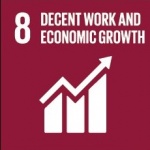
SDG 8 is closely linked to the core business of Oxfam Fair Trade: sustainable economic growth and decent work for everyone. The world of fair trade means fair prices, fair trade premiums and the assurance of good working conditions. On top of this, Oxfam helps its partner-producers to become stronger. It does this through the provision of advance payments and by offering training and consultation in various domains.
Together with our partners we develop ways to improve the living standards of farmers. To give a specific example, there is currently a pilot project benefiting cacao producers in Ivory Coast. There Oxfam pays the farmers a premium to bridge the gap to a liveable income. In Congo we are also investing in processing plants for coffee, facilitating the Sopacdi cooperative in making more coffee to a high quality standard.
2. You’re consuming sustainably
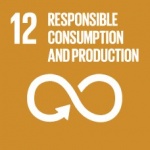
Fair trade makes entire supply chains more just, from the producer to the consumer. In this regard, the ecological and social aspects are closely linked: fair trade contributes to SDG 12, responsible consumption and production.
One example: agro-ecological farming practices help farmers to be more resilient to hostile climates. Such practices include natural insect control, shade growing and ways to combat soil erosion. But such adaptations require investments that many producers can’t afford. Only when they can earn a decent living do they have the manoeuvrability to use their land in an eco-friendly manner.
There are numerous ways Oxfam supports producers in making their operations socially and ecologically sustainable. At the end of the chain, consumers enjoy a reliably sustainable alternative. Furthermore, through our non-profit Oxfam-Wereldwinkels we promote ethical consumption with public campaigns and editorials.
In addition to the environmental and social standards required for fair trade certification, Oxfam Fair Trade encourages its partners to move towards biologische productie. We also see to it that farmers receive training where necessary.
3. You’re entering into a partnership aimed at realising the SDGs
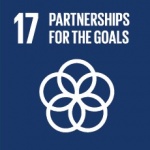
Oxfam Fair Trade is built on partnerships. Since 1971 we’ve been trading directly with producers from across the globe. As required by the fair trade criteria, these producers have always been farmers united under cooperatives or networks. Together with them we build long-term partnerships. This way of working has been proven to offer critical stability in uncertain times, such as during the coronacrisis.
We also enter a partnership with our clients. In availing of our quality products, they become our allies in spreading our message of sustainability.
“We can always count on Oxfam for fast and excellent service. This makes staying true to our sustainable approach a piece of cake. Oxfam works closely with its trade partners and can consequently trace every coffee bean in its chain,” our coffee client, Groep Intro attests.
4. You’re helping to stamp out world hunger
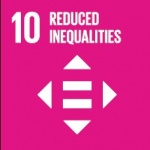
Did you know that 70% of the world’s food comes from small-scale producers? They have an essential role in feeding the world. But they can only do that if they have a good quality of life. Fair trade can help to provide this.
At the same time, we attach great importance to equal opportunities. To give a specific example, our partner-producers run initiatives to create equality for minorities and women. “Through training, the cooperative has convinced our spouses that everyone stands to benefit if women have a say in things”, says Eveline Sifa of the coffee producer Sopacdi.
Oxfam Fair Trade supports farming organisations in these areas. Furthermore, we advocate on the farmers’ behalf for governments to tackle structural injustices.
5. You’re taking action for the climate
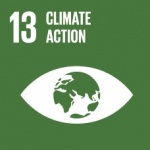
The fight for a liveable planet corresponds strongly with the fight for a dignified existence for everyone. Indeed, many of our partners in the Global South experience the negative consequences of climate change much more than we do. This is why fair trade certification covers both social and environmental criteria.Oxfam puts this into practice in a number of different ways:
- Through our partner-producers, who help to protect the environment and biodiversity with agro-ecological farming practices, for example
- By striving for eco-friendly transport
- By evolving more and more towards sustainable packaging
- Through the awareness campaigns and policy work of Oxfam Wereldwinkels vzw
On the launch of the Sustainable Development Goals there was criticism that insufficient focus had been placed on the eradication of the causes of global inequality and environmental issues. Oxfam shares the opinion that the SDGs do not do enough to challenge unbridled economic growth. At the same time, we feel that the SDGs do foreground the right ambitions and offer an all-encompassing framework from which to work towards a sustainable world from different angles.
More tips for sustainable business operations
Choosing fair trade is one positive initiative. However, there is more you can do to achieve solid progress with little effort. Allow us to suggest the following:
- Limit car use and instead encourage the use of public transport, carpooling, car sharing and working from home.
- Serve products that are grown organically and, if possible, in your own country.
- Think twice when offering disposable cups, plates and utensils; at least choose a biodegradable solution.
- Lower the heating by a degree or so.
- Dare to advocate for sustainable development, share good ideas in your corporate communications and speak out against injustice.
- More inspiration can be found on the website of the UN.
If you’re already undertaking initiatives to realise SDGs, give yourself a pat on the back! Are you, for example, serving fair trade products? Then register your initiative, communicate about it and inspire other companies.Curious which fair steps your organisation can take to bring it closer to realising the SDGs? Our representatives will be happy to advise you.